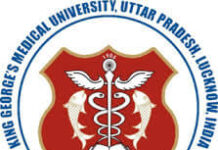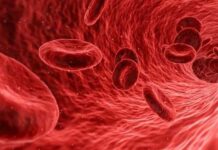Researchers from the National Centre for Cell Science (NCCS) in India have made significant progress in finding a new approach to treating Celiac disease. They have identified two bacteria, Brevibacteriumcasei and Staphylococcus arlettae, in the small intestine of humans that have the ability to break down gluten, the protein responsible for triggering Celiac disease in genetically susceptible individuals.
Based on their findings, the researchers suggest that these bacteria, along with their associated glutenase enzymes, could be developed into a probiotic therapy for treating Celiac disease. The study focused on healthy relatives of individuals with Celiac disease, who are at a higher risk of developing the condition due to genetic predisposition.
Using specialized techniques, the researchers discovered that these bacterial strains produce enzymes, namely prolyl endopeptidase (PEP) in B. casei and glutamyl endopeptidase (GEP) in S. arlettae, capable of breaking down gluten. By introducing these gluten-degrading bacteria into the gut, they hope to reduce the immunogenicity of gluten and provide relief to those with Celiac disease.
Computer modeling also indicated that these enzymes have the potential to interact with gliadin peptides, a component of gluten responsible for the immune response in Celiac disease. However, further research is necessary to fully understand the safety and effectiveness of these probiotics, as stated by Dr. Govind Makharia, a gastroenterologist at All India Institute of Medical Sciences (AIIMS).
Celiac disease is a lifelong autoimmune condition triggered by the presence of gluten. It affects individuals across various age groups and can manifest with a range of symptoms. Ishi Khosla, a clinical nutritionist and president of the Celiac Society of India, expressed cautious optimism about the study’s findings, highlighting the need for long-term studies in humans to validate the potential of this treatment strategy.
The research, conducted by the NCCS and other institutes, was recently published in the Journal of Biosciences.


























